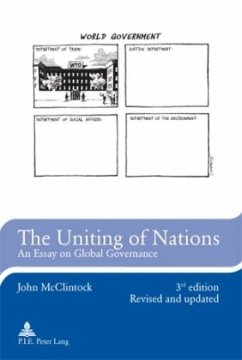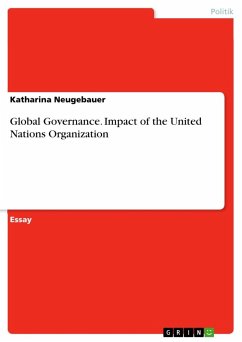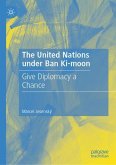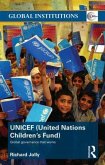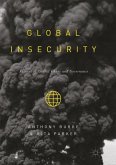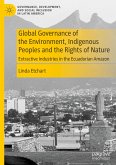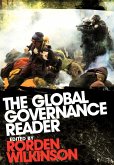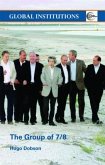This book puts forward a new and original idea - that, for the sake of humankind, the countries of the world should share sovereignty in a limited number of areas.
Unless this is done we will not be able to address global threats. These include global warming, poverty, inequality, terrorism, war and conflict, the proliferation of nuclear weapons, the outsourcing of jobs, the instability of the international financial system, the accumulation of power by corporations, the migration of peoples, the depletion of natural resources, the violation of human rights and the spread of pandemics.
The first part of the book diagnoses what is wrong with the present system by which the world governs itself. It shows that, sadly, the United Nations is ineffective and that some states are failing.
In the second part the author asks: what can be done? He explores the reform of the United Nations. He asks if regional organisations, NATO, the European Union, the G8 or the G20 could become a governing body at the global level.
It is not realistic to expect any of these things to happen.
The third part of the book proposes a global union, modelled on the European Union.
Without it, we will not be able to address global challenges.
Unless this is done we will not be able to address global threats. These include global warming, poverty, inequality, terrorism, war and conflict, the proliferation of nuclear weapons, the outsourcing of jobs, the instability of the international financial system, the accumulation of power by corporations, the migration of peoples, the depletion of natural resources, the violation of human rights and the spread of pandemics.
The first part of the book diagnoses what is wrong with the present system by which the world governs itself. It shows that, sadly, the United Nations is ineffective and that some states are failing.
In the second part the author asks: what can be done? He explores the reform of the United Nations. He asks if regional organisations, NATO, the European Union, the G8 or the G20 could become a governing body at the global level.
It is not realistic to expect any of these things to happen.
The third part of the book proposes a global union, modelled on the European Union.
Without it, we will not be able to address global challenges.

